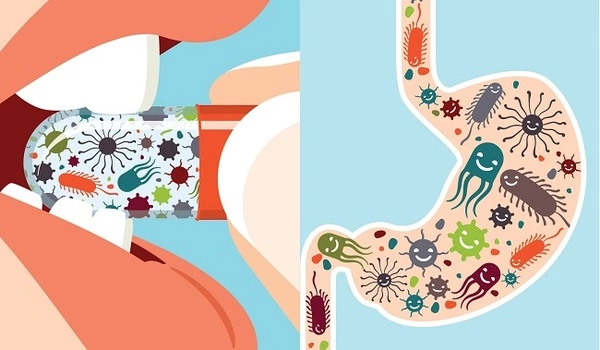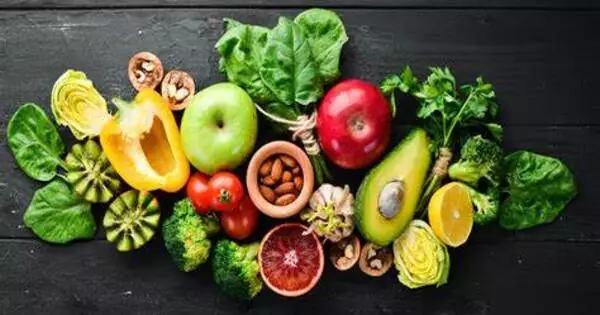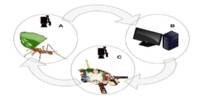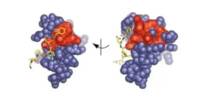Fruit and vegetable microbiomes can have a positive impact on the diversity of gut bacteria. The gut microbiome is a population of microorganisms that live in the gastrointestinal tract, including bacteria, fungus, and other microbes. It is essential for overall health, including digestion, immunological function, and even mental well-being.
In a meta-study, a research team from the Institute of Environmental Biotechnology at TU Graz found that eating fruits and vegetables increases bacterial diversity in the human gut.
Bacterial diversity in the gut is critical to human health. The critical question, however, is where the sources of this diversity can be found. It is well known that a significant portion of the maternal microbiome is passed to the newborn before birth and that the same occurs during the breastfeeding period via breast milk. More sources had yet to be located.
However, a team lead by Wisnu Adi Wicaksono and Gabriele Berg from Graz University of Technology’s Institute of Environmental Biotechnology (TU Graz) has now proven that plant microbes from fruits and vegetables contribute to the human microbiome. This is documented in a study published in the journal Gut Microbes.
Fresh fruits and vegetables will always have the best microbiome; agriculture or processing companies already have a significant influence in this area. Food storage and processing must also be critically reconsidered. Each fruit and vegetable has its own microbiome.
Gabriele Berg
You are what you eat
The scientists were able to show that the frequency of fruit and vegetable eating, as well as the diversity of plants consumed, influences the number of fruit and vegetable-associated bacteria in the human stomach. Early childhood, in particular, affords a window of opportunity for colonization with plant-associated bacteria. It has also been established that plant-derived bacteria have probiotic and health-promoting qualities.
A microbiome is the totality of all microorganisms that colonize a macroorganism (human, animal, plant) or a part of it, for example, the intestine or a fruit. While the individual microbiomes are becoming better understood, little is known about their connections. “The proof that microorganisms from fruits and vegetables can colonize the human gut has now been established for the first time,” explains first author Wisnu Adi Wicaksono.
This shows that eating fruits and vegetables, particularly during infancy, has a good effect on the development of the immune system during the first three years of life, as the intestinal microbiome develops during this time. Even after that, a diverse population of gut bacteria is advantageous to health and resilience. “It simply has an impact on everything. Diversity influences the overall resilience of the organism; greater diversity conveys greater resilience,” explains Institute Director Gabriele Berg.

Several billion sequences
To be able to assess whether or whether the eating of fruits and vegetables and their microbiomes causes changes in the gut microbiome, the researchers first produced a database of microbiome data from fruits and vegetables, allowing them to assign bacteria to them. They compared this to data from two studies on gut flora that were publicly available. The TEDDY research studied the development of babies throughout time, while the American Gut research studied the gut microbiota of adults; both programs also collected data on the test subjects’ dietary intake.
The researchers had metagenome data from approximately 2500 stool samples, each of which had between one and ten million sequences; several billion sequences were thus examined. The presence of fruit and vegetable bacteria in the gut might be proved using this large data set. This evidence is a critical component in supporting the WHO’s One Health concept, which connects human, animal, and environmental health.
Follow-up study on three continents
Gabriele Berg at the Institute of Environmental Biotechnology is already working on an intervention study with international colleagues and within the EU-funded HEDIMED project in which people on three continents eat exactly the same things for a set period of time, after which their excretions are analyzed. However, Gabriele Berg sees numerous more areas that could be influenced by the study’s findings. This begins with food production, as soil, fertilizer, and pesticides all have an impact on the plant microbiome.
“Fresh fruits and vegetables will always have the best microbiome; agriculture or processing companies already have a significant influence in this area. Food storage and processing must also be critically reconsidered,” Berg adds. Individuals may find exciting applications based on the findings of the proposed study. “Each fruit and vegetable has its own microbiome. So maybe one day a tailored diet can be created based on that.”
















